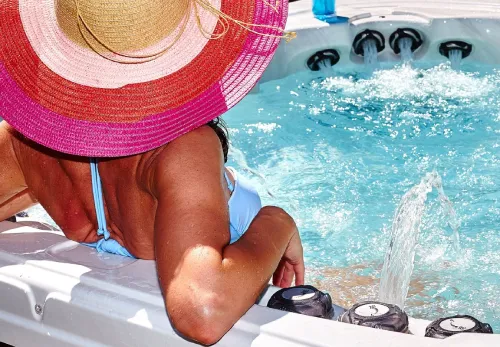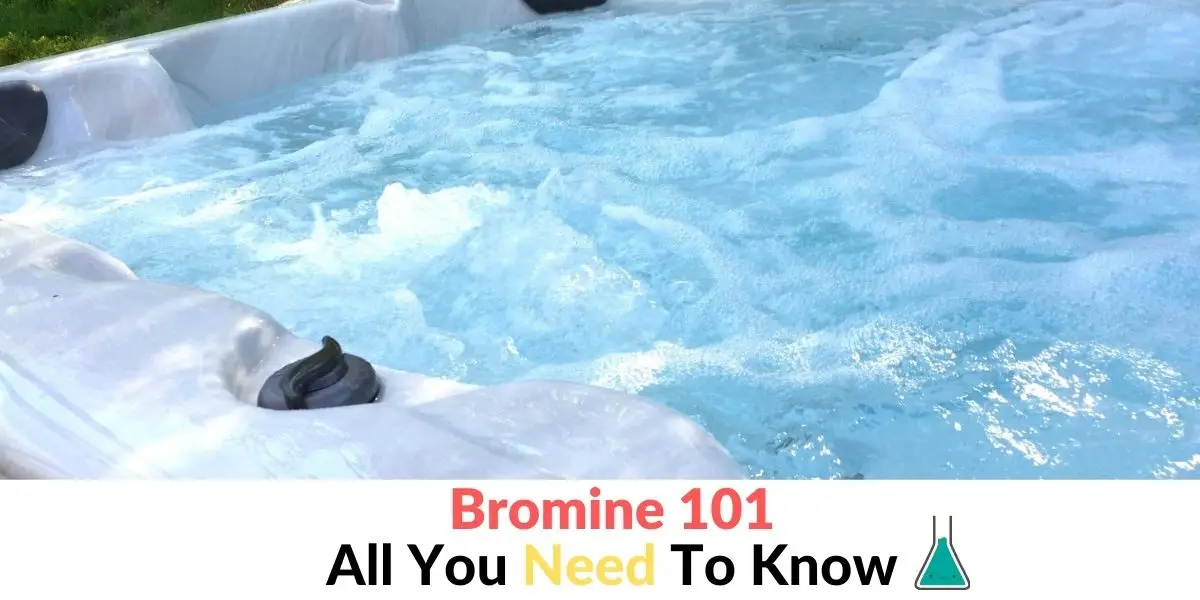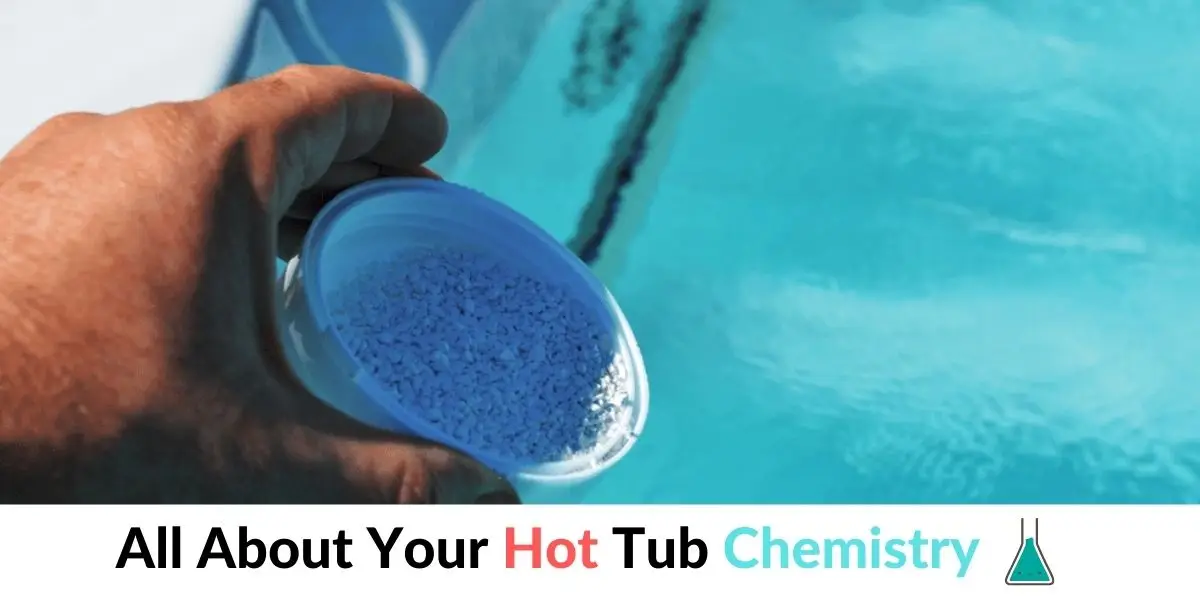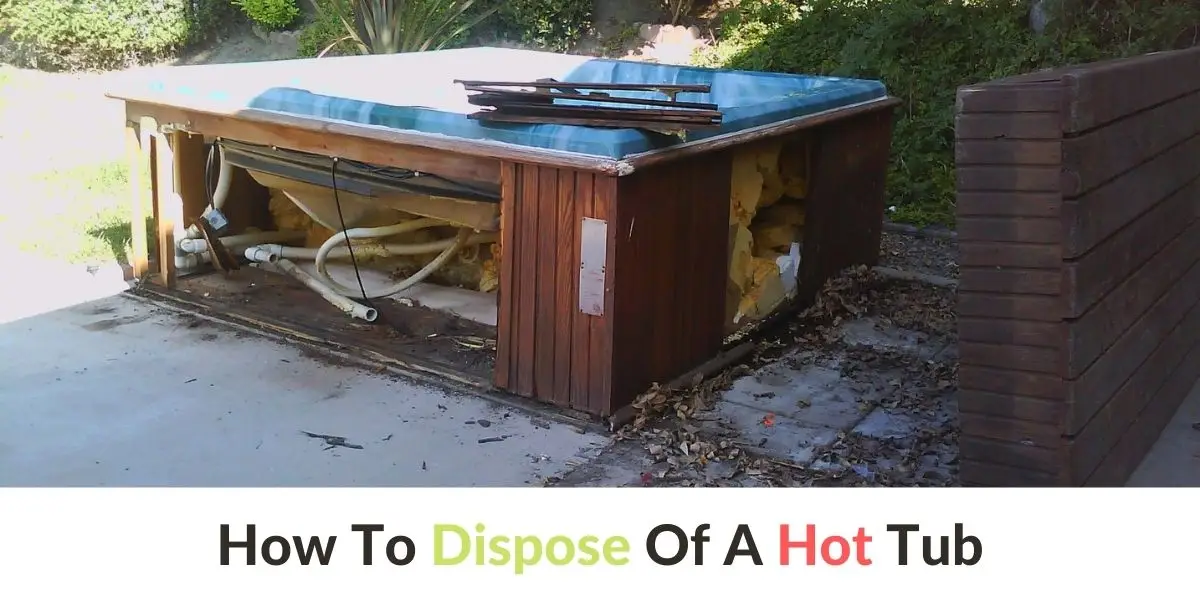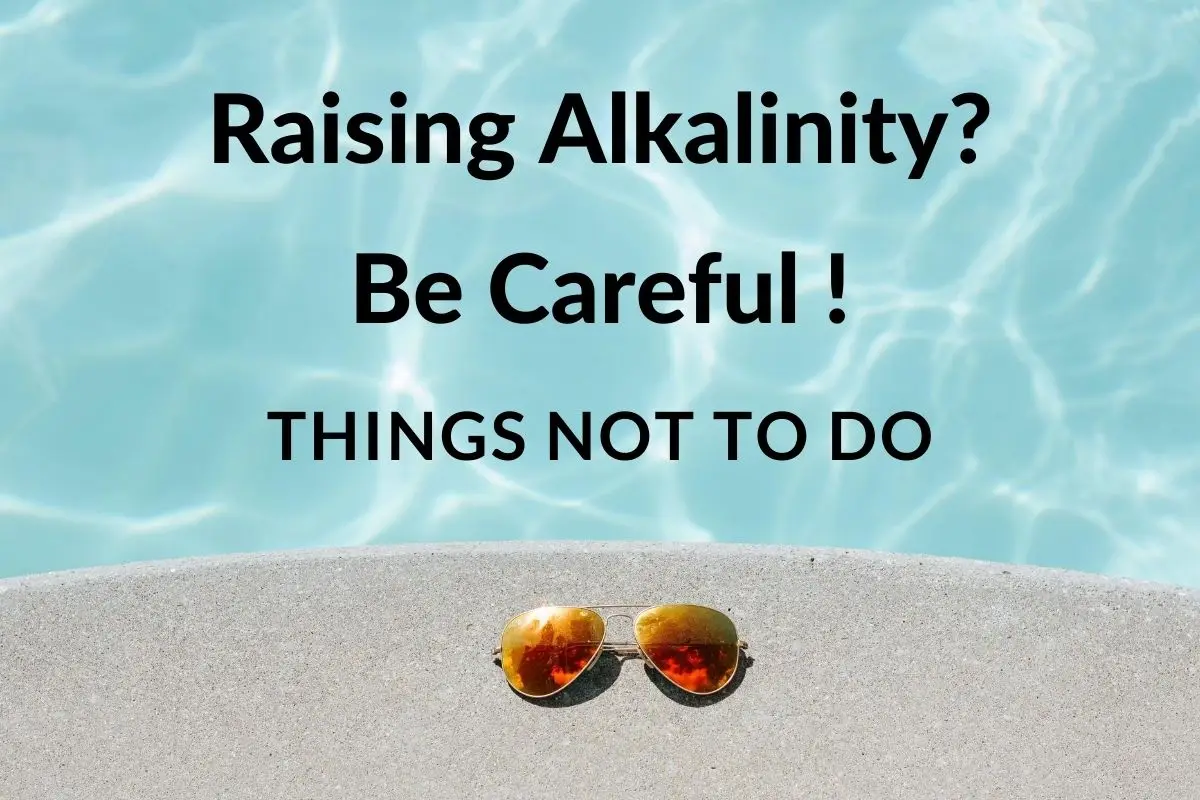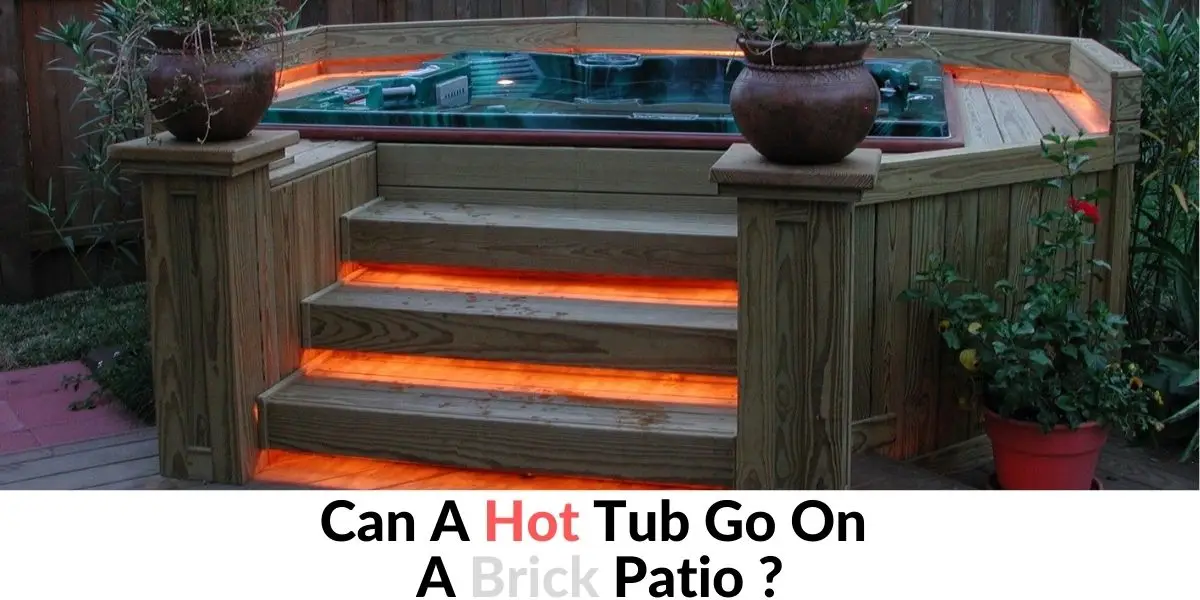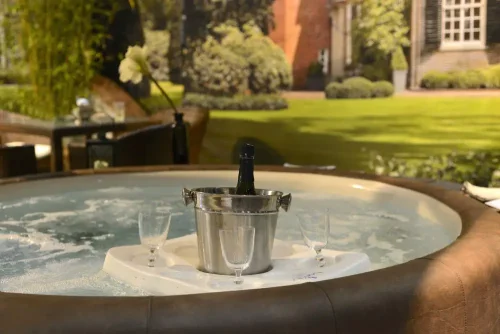Are All Inflatable Hot Tub Filters the Same? How can you tell?
No, not all inflatable hot tub filters are the same. Filters for inflatable hot tubs come in a variety of sizes and types, and the type of filter that is best for your hot tub will depend on the size and model of your hot tub, as well as your personal preferences.
Here are a few types of filters that are commonly used in inflatable hot tubs:
- Diatomaceous earth (DE) filters: DE filters use a fine powder made from fossilized algae to filter the water. These filters are effective at trapping small particles and are relatively easy to clean.
- Sand filters: Sand filters use a bed of sand to filter the water. These filters are relatively low maintenance and are effective at trapping small particles.
- Cartridge filters: Cartridge filters use a paper or fabric cartridge to filter the water. These filters are relatively easy to clean and are effective at trapping small particles.
When selecting a filter for your inflatable hot tub, it is important to choose a filter that is compatible with your hot tub and meets your filtration needs. Be sure to follow the manufacturer’s recommendations for filter maintenance and replacement to ensure that your hot tub is running efficiently and effectively.
How do I know which filter my hot tub needs?
To determine which filter your hot tub needs, you will need to consider the size and model of your hot tub, as well as your personal filtration needs.
Here are a few factors to consider when choosing a hot tub filter:
- Size: The size of the filter will need to match the size of your hot tub. It is important to use the correct size filter to ensure that it can effectively filter the water in your hot tub.
- Type: There are several types of hot tub filters available, including diatomaceous earth (DE) filters, sand filters, and cartridge filters. Each type of filter has its own unique features and benefits, and the best type for your hot tub will depend on your personal preferences and the specific needs of your hot tub.
- Filtration rating: The filtration rating of a filter refers to the size of the particles that the filter is able to remove from the water. A higher filtration rating will result in clearer water, but may also require more frequent cleaning.
- Compatibility: It is important to choose a filter that is compatible with your hot tub. Be sure to check the manufacturer’s recommendations for the type of filter that is best for your hot tub.
To determine which filter your hot tub needs, you may want to consult the manufacturer’s recommendations or a hot tub dealer or professional hot tub technician. They can help you choose the right filter based on the size and model of your hot tub and your specific filtration needs.
What are the pros and cons of hot tub sand filters?
Here are some pros and cons of using sand filters in a hot tub:
Pros:
- Low maintenance: Sand filters are relatively low maintenance and do not require frequent cleaning or replacement.
- Effective at trapping small particles: Sand filters are effective at trapping small particles, such as dirt and debris, and can help to improve the overall water quality and clarity.
- Easy to use: Sand filters are easy to use and operate, making them a convenient choice for hot tub owners.
Cons:
- May require more frequent backwashing: Sand filters may require more frequent backwashing compared to other types of filters, such as DE filters or cartridge filters.
- May not filter as finely as other types of filters: Sand filters may not filter as finely as other types of filters, such as DE filters, and may not be as effective at removing very small particles from the water.
- Sand may need to be replaced periodically: The sand in a sand filter will eventually need to be replaced, which can be a time-consuming and potentially expensive process.
Overall, sand filters can be an effective and low-maintenance choice for hot tub filtration, but they may require more frequent backwashing and may not filter as finely as other types of filters. It is important to consider your specific filtration needs and preferences when deciding which type of filter to use in your hot tub.
What are the pros and cons of hot tub Cartridge filters?
Here are some pros and cons of using cartridge filters in a hot tub:
Pros:
- Easy to clean: Cartridge filters are relatively easy to clean, as they can be simply removed and hosed off.
- Effective at trapping small particles: Cartridge filters are effective at trapping small particles, such as dirt and debris, and can help to improve the overall water quality and clarity.
- Low maintenance: Cartridge filters are relatively low maintenance and do not require frequent cleaning or replacement.
Cons:
- May require more frequent replacement: Cartridge filters may need to be replaced more frequently than other types of filters, such as DE filters or sand filters.
- May be more expensive: Cartridge filters may be more expensive to purchase and replace compared to other types of filters.
- May not filter as finely as other types of filters: Cartridge filters may not filter as finely as other types of filters, such as DE filters, and may not be as effective at removing very small particles from the water.
Overall, cartridge filters can be an effective and low-maintenance choice for hot tub filtration, but they may need to be replaced more frequently and may be more expensive than other types of filters. It is important to consider your specific filtration needs and preferences when deciding which type of filter to use in your hot tub.
What are the pros and cons of DE hot tub filters ?
Here are some pros and cons of using diatomaceous earth (DE) filters in a hot tub:
Pros:
- High filtration efficiency: DE filters are highly efficient at filtering out small particles, such as dirt and debris, and can help to improve the overall water quality and clarity.
- Easy to clean: DE filters are relatively easy to clean, as they can be simply removed and hosed off.
- Low maintenance: DE filters are relatively low maintenance and do not require frequent cleaning or replacement.
Cons:
- May be more expensive: DE filters may be more expensive to purchase and maintain compared to other types of filters, such as sand filters or cartridge filters.
- May require more frequent backwashing: DE filters may require more frequent backwashing compared to other types of filters, such as sand filters or cartridge filters.
- May create a mess: DE filters may create a mess when they are cleaned, as the fine powder can be difficult to contain and may be prone to spilling.
Overall, DE filters can be an effective and low-maintenance choice for hot tub filtration, but they may be more expensive and require more frequent backwashing than other types of filters. It is important to consider your specific filtration needs and preferences when deciding which type of filter to use in your hot tub.
What is the best DE hot tub filter ?
It can be challenging to determine the “best” DE hot tub filter, as the ideal filter for your hot tub will depend on your specific needs and preferences. That being said, there are a few factors to consider when choosing a DE filter for your hot tub:
- Compatibility: It is important to choose a DE filter that is compatible with your hot tub. Be sure to check the manufacturer’s recommendations for the type of filter that is best for your hot tub.
- Filtration rating: The filtration rating of a DE filter refers to the size of the particles that the filter is able to remove from the water. A higher filtration rating will result in clearer water, but may also require more frequent cleaning.
- Quality: Choose a DE filter that is made of high-quality materials and has a good reputation for performance and durability.
- Price: Consider the price of the DE filter and whether it is a good value for the price.
- Powerful Filtration Performance: The unique trilobal fabric captures much more contaminants than regular fabric, which can efficiently removes hair, leaves, dust, sediment, sand, etc.
- Replacement Models: C-7488/FC-1226/PA106/Aladdin 20601/ Baleen AK-6045/
- Professional&Reliable:Yoozell filters are made by Industry specified premium filtration fabric according to the strict standards and specifications required by the pool and spa industry. Yoozell filter cartridges are made with the scientifically desgined strong free flow cores which is the high-quality on the market.
- EASY TO WASH:We suggest to rinse your pool filters with clean water , this will help remove debris and protect your filter material. Under regular washings, pool filters will work more efficiently and last longer.
- Dimensions:Length:25-1/2", Outside Diameter:7", Top:3" open w/ molded gasket, Bottom:3" open w/ molded gasket, Filter Area: 106 sq. ft
How often should I change the filter in my inflatable hot tub?
The frequency with which you should change the filter in your inflatable hot tub will depend on several factors, including the type of filter, the amount of use the hot tub receives, and the level of maintenance that is performed on the filter.
Here are some general guidelines for changing the filter in an inflatable hot tub:
- Diatomaceous earth (DE) filters: DE filters should be cleaned every one to two months and replaced every six to twelve months.
- Sand filters: Sand filters should be backwashed every one to two weeks and the sand should be replaced every three to five years.
- Cartridge filters: Cartridge filters should be cleaned every one to two months and replaced every six to twelve months.
It is important to follow the manufacturer’s recommendations for filter maintenance and replacement to ensure that your hot tub is running efficiently and effectively. If you are unsure of how often to change the filter in your inflatable hot tub, you may want to consult a hot tub dealer or a professional hot tub technician for guidance.
Why Do You Need A Hot Tub Filter?
Hot tub filters are an important part of the hot tub’s filtration system and play a crucial role in keeping the water clean and clear. Here are a few reasons why you need a hot tub filter:
- To remove dirt and debris: Hot tub filters help to remove dirt, debris, and other contaminants from the water, which can help to improve the overall water quality and clarity.
- To prevent clogs: Hot tub filters help to prevent clogs in the plumbing and heating system, which can help to extend the life of the hot tub.
- To reduce chemical use: Properly functioning filters can help to reduce the amount of chemicals that are needed to maintain the water quality, as the filter helps to remove contaminants that would otherwise require chemical treatment.
- To improve the hot tub experience: A clean and clear hot tub is more enjoyable to use, and a properly functioning filter is essential for maintaining good water quality.
In summary, hot tub filters are an important component of the hot tub’s filtration system and are essential for maintaining clean and clear water, preventing clogs, reducing chemical use, and improving the hot tub experience.
Is it OK to run a hot tub without a filter?
It is not recommended to run a hot tub without a filter. Hot tub filters are an important part of the hot tub’s filtration system and play a crucial role in keeping the water clean and clear. Without a filter, the water in the hot tub will become dirty and contaminated, and the hot tub’s plumbing and heating system may become clogged.
In addition, running a hot tub without a filter may result in an increased need for chemicals to maintain the water quality, as the filter is not present to remove contaminants from the water. This can lead to higher chemical costs and potentially harmful chemical imbalances in the water.
For these reasons, it is important to use a filter in your hot tub and to follow the manufacturer’s recommendations for filter maintenance and replacement. If you are experiencing problems with your hot tub filter, you may want to consult a hot tub dealer or a professional hot tub technician for assistance.
What’s The Difference Between An Inflatable Hot Tub Filter And A Regular Hot Tub Filter?
The main difference between an inflatable hot tub filter and a regular hot tub filter is the type of hot tub that they are designed for. Inflatable hot tubs are portable and can be set up on any flat surface, whereas regular hot tubs are typically built into a permanent structure. As a result, the filters used in inflatable hot tubs are generally smaller and more portable than those used in regular hot tubs.
In terms of filtration performance, there is generally no significant difference between an inflatable hot tub filter and a regular hot tub filter. Both types of filters are designed to remove dirt, debris, and other contaminants from the water, and they both come in a variety of sizes and types to meet the specific needs of different hot tub models.
There are several types of filters that are commonly used in both inflatable and regular hot tubs, including diatomaceous earth (DE) filters, sand filters, and cartridge filters. Each type of filter has its own unique features and benefits, and the best type for your hot tub will depend on your personal preferences and the specific needs of your hot tub.
In summary, the main difference between an inflatable hot tub filter and a regular hot tub filter is the type of hot tub that they are designed for. Both types of filters are designed to remove contaminants from the water and come in a variety of sizes and types to meet the specific needs of different hot tub models.


